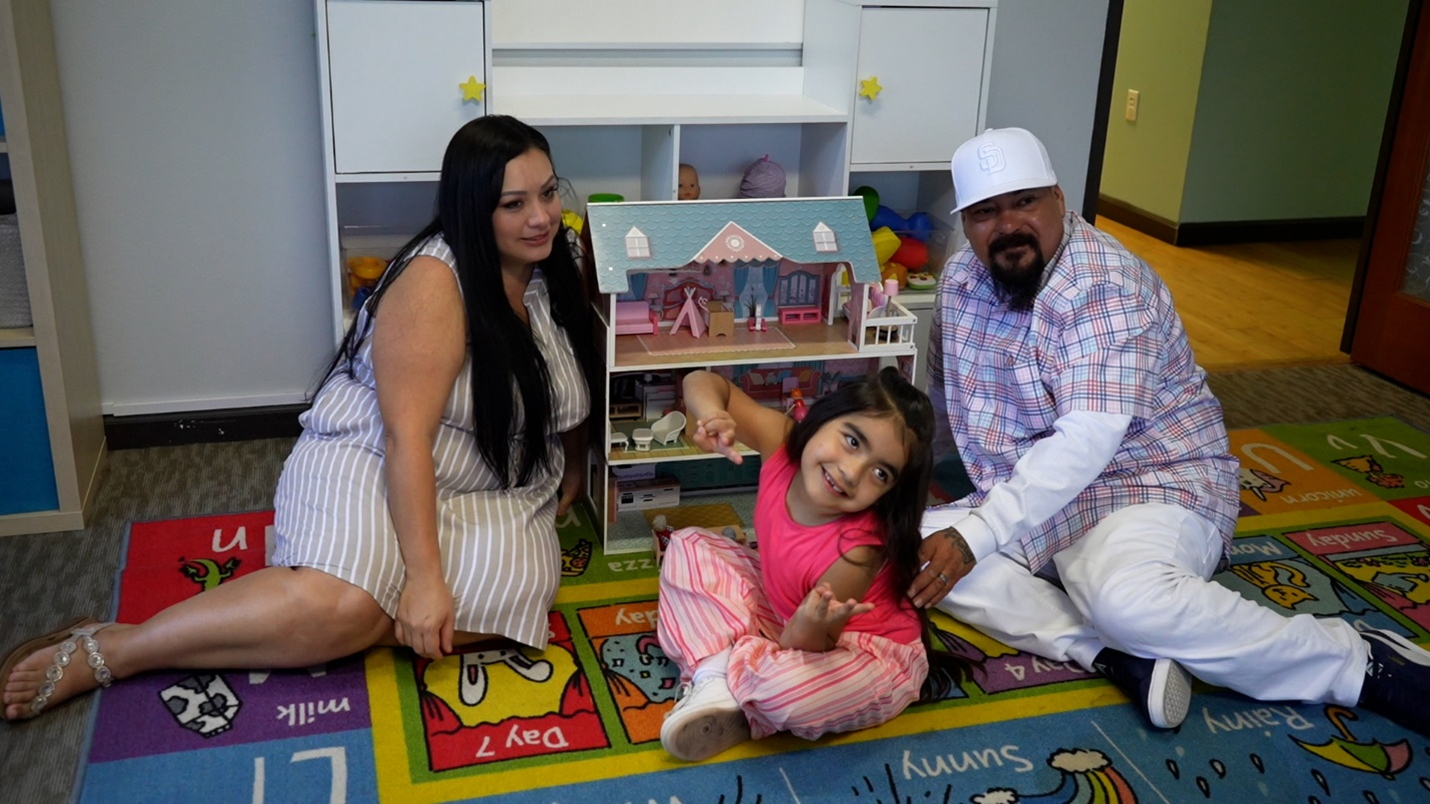The Centers for Disease Control and Prevention describe Adverse Childhood Experiences, also known as ACEs, as potentially traumatic events that occur in childhood, during the ages of 0 – 17 years old. These events include experiencing violence, abuse of any kind and/or neglect. A traumatic event of violence or abuse may not happen directly to the child; it could be witnessed as well.
Any environment that undermines a child’s safety, stability and bonding can contribute to ACE potential. Growing up in a household where drug or alcohol abuse is present, mental illness exists in the family, or instability from parental separation or incarceration can have a profound effect on a child’s life.
Serious health outcomes
The impact of ACEs and toxic stress experienced in childhood can continue to affect people in a variety of ways well into adulthood. Research shows that ACEs contribute to elevating serious health risks including cancer, heart disease and diabetes.
According to the Office of the California Surgeon General, ACEs and toxic stress are contributors to a serious and urgent health crisis in California. ACEs are strongly associated, in a dose–response fashion, with some of the most common and serious health and social conditions facing our society, including nine of the 10 leading causes of death in the United States, and with earlier mortality.
Chronic diseases have significant health and economic costs in the United States. The National Center for Chronic Disease Prevention and Health Promotion states that 90% of the nation’s $3.8 trillion in annual health care expenditures are for people with chronic and mental health conditions. Preventing chronic diseases, through ACEs prevention and/or treatment, could reduce these costs.
California’s costs due to ACEs
Looking at the financial impact of ACEs, a 2013 study conducted by PLOS ONE, analyzed five ACEs-linked conditions: asthma, arthritis, Chronic Obstructive Pulmonary Disorder (COPD), depression and cardiovascular disease and three health risk factors, including lifetime smoking, heavy drinking and obesity.
According to the study, “among adults in California, 61% reported ACEs. Those ACEs were associated with $10.5 billion in excess personal healthcare spending during 2013, and 434,000 Disability-Adjusted-Life-Years valued at approximately $102 billion. In 2013, the estimated health burden per exposed adult included $589 in personal healthcare expenses and 0.0224 DALYs valued at $5,769.”
The healthcare costs as a result of ACEs and toxic stress are significant and contribute to the financial burden many people who’ve endured ACEs already experience.
Hope for recovery
The impact that ACEs and toxic stress can have on a community, and society in general, motivated the first California Surgeon General, Dr. Nadine Burke Harris, to set the ambitious goal of reducing ACEs and toxic stress by half in one generation.
In 2020, Dr. Burke Harris’s office published “Roadmap for Resilience: The California Surgeon General’s Report on Adverse Childhood Experiences, Toxic Stress and Health.” It serves as the blueprint for how communities, states and nations can recognize and address ACEs and toxic stress.
To achieve Dr. Burke Harris’s goal of reducing ACEs and toxic stress by half in one generation, the Office of the California Surgeon General and the California Department of Health Care Services are “leading a first-in-the-nation statewide effort to screen children and adults for ACEs in primary care, and to treat the impacts of toxic stress with trauma-informed care.”
Along with that strategy, the state launched a national movement to ensure everyone is “ACEs Aware,” an initiative built on the consensus of scientific evidence demonstrating that early detection and evidence-based intervention improve outcomes.
Our Commitment
As part of its Strategic Plan, The San Diego Foundation is committed to building resilient communities by improving mental and behavioral health in our region. ACEs impact many children, families and service providers that deliver care in San Diego County.
In June 2021, The San Diego Foundation awarded $252,000 in grants to support 11 nonprofit programs in the region. These important programs prevent abuse, provide mental and behavioral health services, support early interventions, address trauma and increase health equity for young children, ages 0 – 5, and their families. The goal is to ensure that young children have opportunities to thrive and families have access to supportive services.
Currently, The Foundation is accepting applications for ACEs prevention and intervention, among other strategies aimed at children ages 0 – 5, through its Early Childhood Initiative Equitable Opportunities Grant through May 6, 2022.




